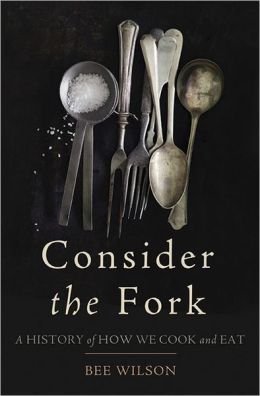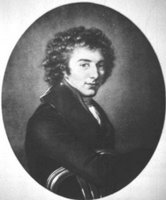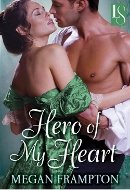This week some of us will be doing Announcements. Nice things have been happening to the Riskies and we want to share our good news with all of you.
Last Monday, I broke some of the good news from the RWA conference, but that really didn’t give it the attention it deserved, so we are going to toot our own horns just a little this week.
Of course, I’ve had lots to toot about. My A Reputable Rake winning the RITA for Best Regency Romance, brought me lots of emails from friends happy for my good fortune. This is truly a great honor and I am overwhelmed at receiving a RITA in only my second year of eligibility. My Rake was a truly a risky regency- a lady running a courtesan school right in the heart of Mayfair- but it won!
I’m also so happy that The Mysterious Miss M won the National Readers Choice Award for Best Regency. Before Mills & Boon bought Miss M through the Golden Heart contest, editor after editor from other publishing houses rejected the book, saying that readers would not accept my prostitute heroine. I always believed readers would love Maddie as I did and I felt the NRCA, judged by readers, finally proved it!
Life has a way of bringing a person back down to earth, however. As soon as I got home from the conference, there was a little family stuff to deal with. Nothing serious, but it needed me to rise from my laurels and do something! Then Melanie, my Warner editor phoned me about my revisions. LOTS of them. Major rewrite of Blake’s story, now titled Desire in His Eyes and slated for release sometime in 2007. And, of course, there is the next Mills & Boon/Harlequin Historical to write by the end of October. And the persistent congestion I was experiencing was a little sinus infection (much better now).
Last week blogger wouldn’t let me post photos, but this week is kinder, and I wanted to show off the real joy in this business – the people. The friends. So here are some photos from the conference.
Me, accepting the RITA. (for more on this moment, see my Wet Noodle Posse blog)

And the awards themselves, with lovely flowers sent by my friends.
Right after the RITA ceremony, the Mills & Boon folks took me in search of champagne for a toast to our good fortune. Here we are after our long and arduous search for bubbly. From Left to Right: Sheila Hodgson, Karin Stoeker (editorial director), Jenny Hutton, me, Joanne Carr 
While we were on our search for champagne, I missed the annual Wet Noodle Posse photo with other WNP RITA winners Stef Feagan and Dianna Love Snell (The WNP are the Golden Heart finalists from 2003. We’re still together–except me, I’m still looking for champagne) 
This is a photo of me with Kathy Caskie and Sophia Nash–now both Avon authors and my friends from Washington Romance Writers. In 2003 Kathy awarded me the Golden Heart for what became The Mysterious Miss M. This year Sophia awarded me the RITA!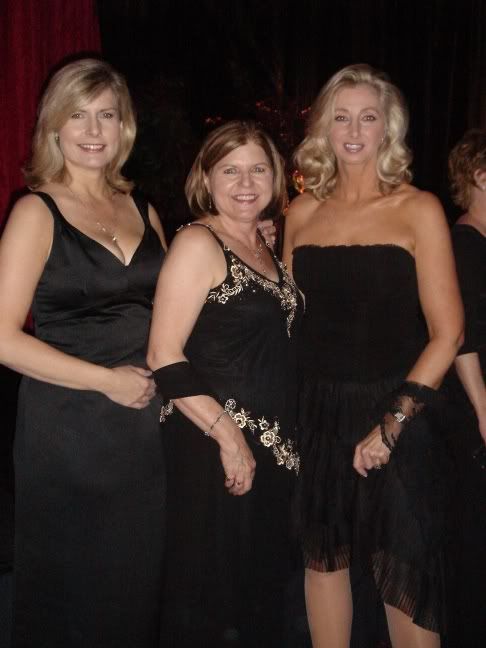
Here am I with my dear friend Julie Halperson. Years ago, Julie and I met in a creative writing class at our local community college. She’s been a writing friend and critique partner ever since, with me through this whole journey.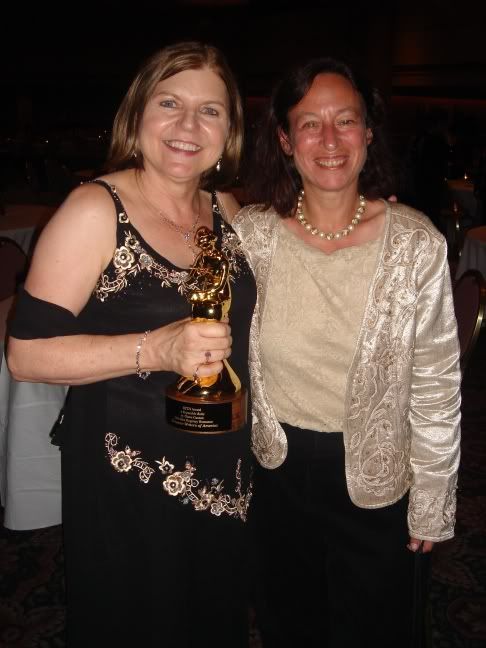
Two more great friends from WRW. Mary Blayney (Poppy’s Coin in J.D. Robb’s anthology Bump in the Night)and Lavinia Klein, a double Golden Heart finalist in Long Historical this year.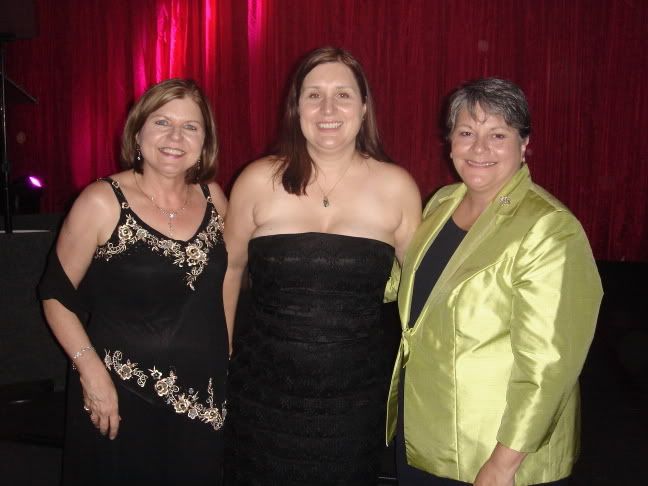
And my wonderful Sisters of the Moon, my critique group including (R to L) Karen Anders, Blaze author; me and RITA; Darlene Gardner, Superromance (A Time to Forgive, July 2006); Lisa Dyson, about to break in at any moment! 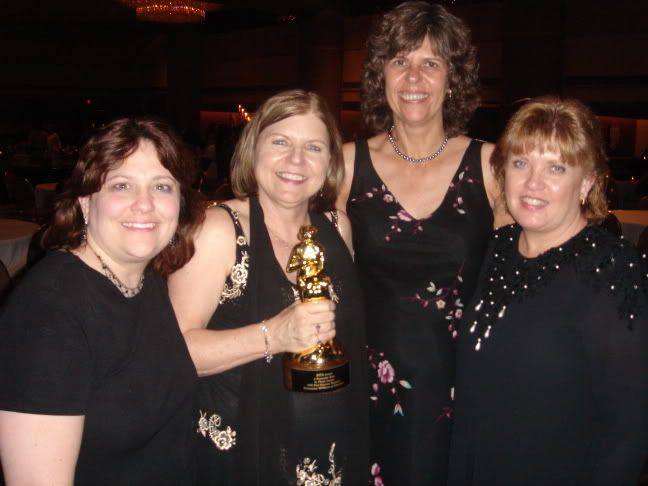
And finally, three friends who came to the Literacy Booksigning. These are my high school classmates, Wayne, Sandy, and Peggy, who were surprised to learn at our high school reunion in June that the shy, studious Diane became a Romance Author. They were dear enough to come see me at the signing and were so happy for me. It was very touching.
The friends are the greatest reward! I wouldn’t trade them for anything.
Cheers!
Diane

